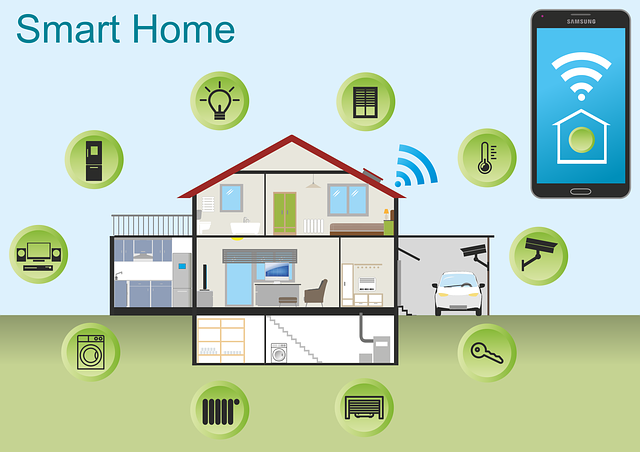The Europe Smart Home Market is experiencing significant growth, driven by advancements in technology, increased demand for energy efficiency, and a rising focus on home security. As of 2023, the market was valued at approximately USD 26 billion and is projected to reach USD 108.1 billion by 2032, growing at a compound annual growth rate (CAGR) of over 17.6% during the forecast period.
Key Drivers of Market Growth
- Energy Efficiency and Sustainability: European consumers are increasingly adopting smart home technologies to reduce energy consumption and promote sustainable living. Smart thermostats, lighting controls, and energy management systems enable homeowners to monitor and optimize their energy usage, aligning with Europe's goal to cut greenhouse gas emissions by 55% by 2030 and achieve climate neutrality by 2050.
- Advancements in IoT and Connected Devices: The proliferation of Internet of Things (IoT) devices has expanded the capabilities of smart homes. Integration of AI and voice assistants allows for seamless control of home appliances, enhancing convenience and personalization for users.
- Government Initiatives and Smart City Projects: European governments are actively promoting smart city initiatives, which include the development of smart homes. These projects aim to improve urban living through technology, encouraging the adoption of smart home solutions.
Market Segmentation
- Product Categories: The smart home market encompasses various products, including security and access controls, lighting control systems, entertainment devices, HVAC systems, smart furniture, and home healthcare devices. Among these, security and access controls have seen substantial adoption due to increasing concerns about home safety.
- Connectivity Standards: Wireless protocols dominate the market, offering ease of installation and flexibility. Advancements in wireless communication standards have further bolstered the adoption of smart home devices.
Regional Insights
Germany leads the Europe Smart Home Market, attributed to its technological advancements and supportive government policies promoting smart home adoption. The country's focus on energy efficiency and sustainability has accelerated the integration of smart technologies in residential spaces.
Challenges and Considerations
Despite the positive outlook, the market faces challenges such as high initial costs and installation complexities, which may deter some consumers. Additionally, concerns regarding data privacy and security pose significant hurdles, as smart home devices often collect and transmit personal data.
For More Info https://www.gmiresearch.com/report/europe-smart-home-market-by-application/
Future Outlook
The Europe Smart Home Market is poised for robust growth, with projections indicating a market size of USD 29.04 billion by 2030, growing at a CAGR of 4.93% from 2025 to 2030.
Continuous technological innovations, coupled with increasing consumer awareness and supportive governmental policies, are expected to drive the widespread adoption of smart home solutions across Europe.
In conclusion, Europe's smart home market is on an upward trajectory, fueled by a combination of technological advancements, environmental initiatives, and a growing demand for convenience and security in residential settings. As the market evolves, addressing challenges related to cost and data privacy will be crucial to sustaining this growth momentum.





Comments